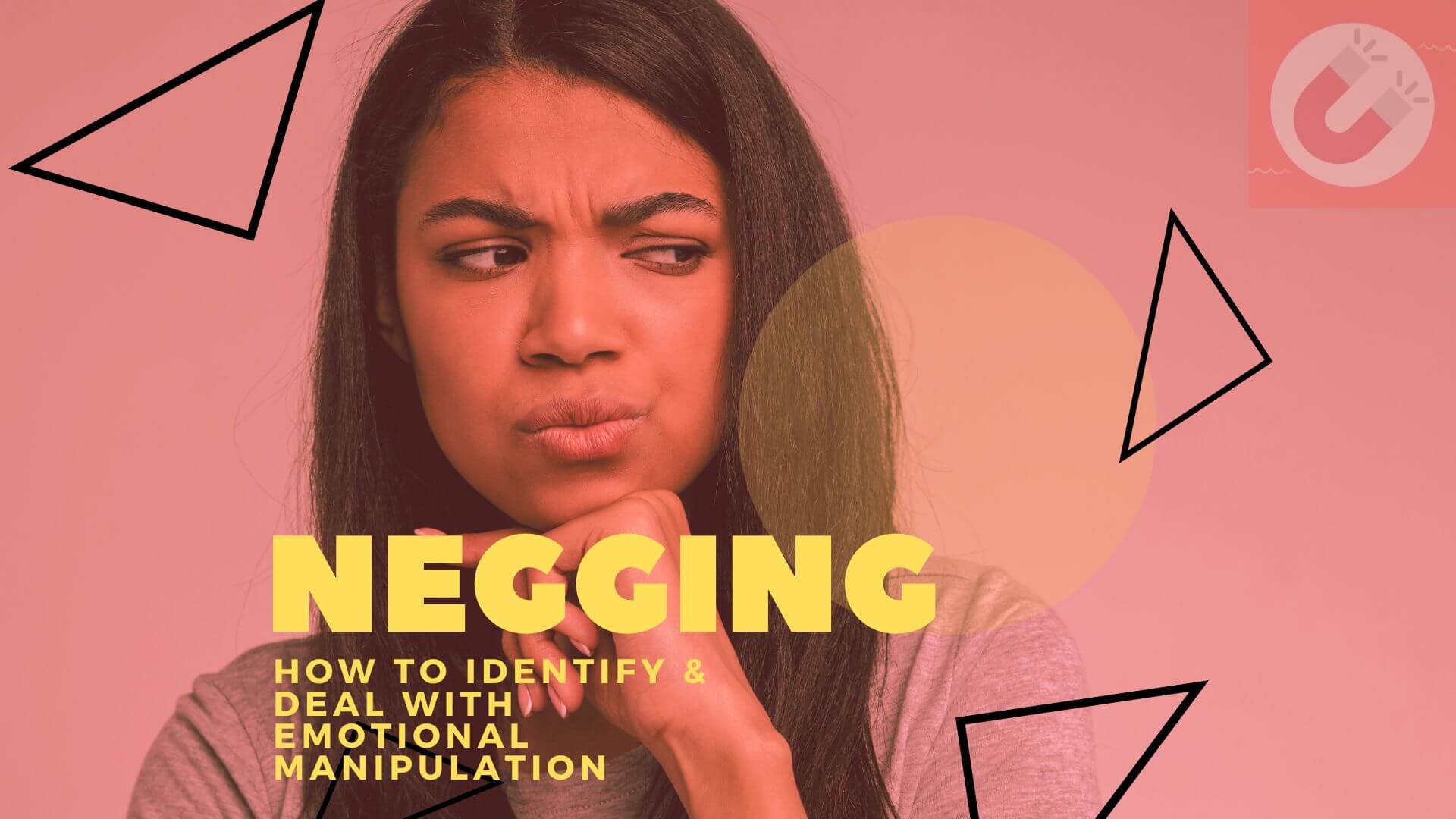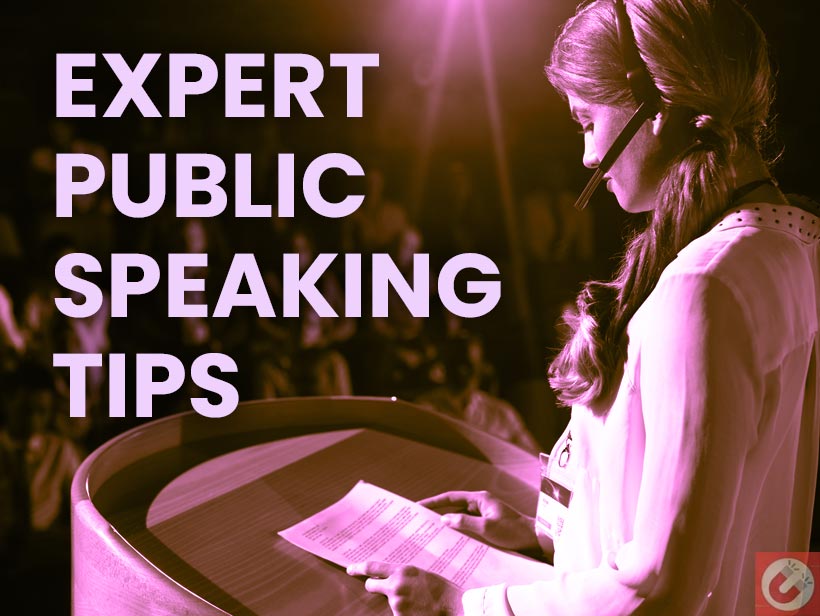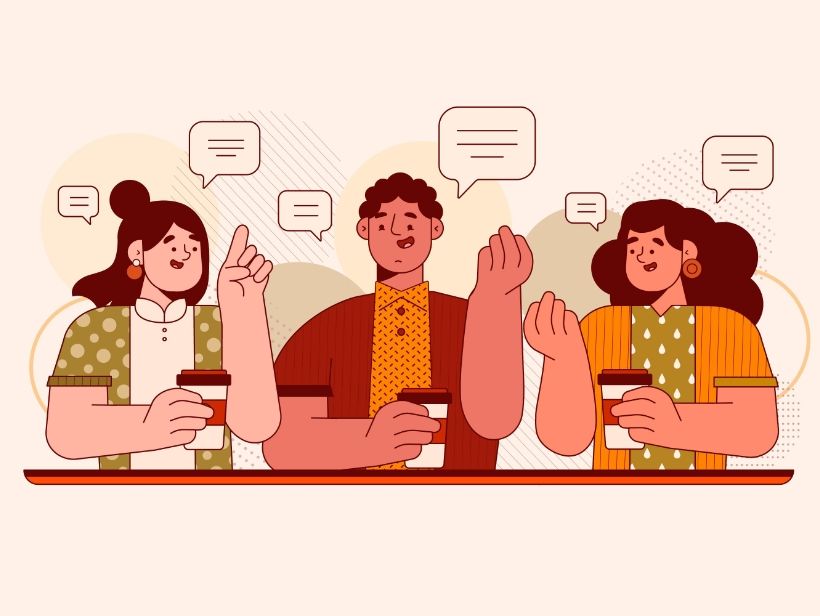Do you ever feel like someone is trying to undermine your confidence or manipulate your emotions? You might be experiencing a tactic known as “negging.” Negging is a manipulative technique used by some toxic individuals as a go-to flirting style.
Manipulators think that by giving backhanded compliments or making subtle yet pointed insulting remarks, they can lower your self esteem (and your defenses) to make you drop your guard, and they can get some control over you.
Recognizing toxic behavior and learning how to respond effectively to protect your boundaries, self-esteem, and maintain healthy relationships are some of the most important social skills we teach at Jaunty, and this is a very important topic we felt the need to address directly.
Abusers are always looking for new tactics to gain control over others, and negging is a classic example. In this article, you’ll learn how to identify negging, understand its effects on your social interactions, and discover effective strategies to deal with emotional manipulators.
What is negging and why is it harmful?
Negging is the act of pairing compliments with subtle insults to undermine the victim’s self-esteem and try to make them more susceptible to unwanted sexual advances and enhance the attractiveness of the person using negging.
This tactic is often used to gain control over someone or make them feel inferior, thereby boosting the abuser’s own ego. Negging is specifically harmful because it can damage a person’s self-esteem, create feelings of insecurity, and lead to unhealthy relationships.
It is important to note that negging can transpire between individuals of any gender, and recognizing and addressing toxic or manipulative behavior is crucial for maintaining your emotional well-being and building positive social connections.
Negging is verbal abuse.
Constant negging is a form of verbal abuse that manipulators often try to play off as light-hearted ribbing. Over time, it gradually undermines an individual’s confidence through veiled insults or derogatory remarks. If it doesn’t stop, this can be immensely damaging and pose a significant threat to the person on the receiving end.
Here are some examples of negging that may be a sign you are dealing with a manipulative jerk:
- “Everything affects you so deeply.”
- “That black dress makes you appear slimmer.”
- “You’re distinct from my past partners who were quite insecure and jealous.”
- “Why so serious?”
- “I was just poking fun at you.”
- “You know I didn’t intend it that way…”
- “It’s nearly impossible to underappreciate you.”
- “That haircut complements the shape of your nose.”
- “You actually look good in this lighting.”
- “You’re smarter than you give yourself credit for.”
How can I recognize if someone is negging me?
Recognizing negging can be challenging, as it often involves subtle comments that might come across as slightly sarcastic. They may not seem harmful at first glance, and some people don’t even realize the harm they’re causing and consider it a flirting tactic. But please know, negging a toxic behavior that should not be tolerated.
To identify negging, pay attention to the following signs:
1. Backhanded compliments
The person compliments you but also adds a negative remark, leaving you feeling confused or hurt. Some examples include: “You’re really smart for someone who didn’t go to college” or “You look great in that outfit, it really hides your flaws.” If you notice a pattern of such comments, it’s likely that you’re being negged and the person is attempting to manipulate your emotions.
2. Comparisons to others
The person constantly compares you to others, making you feel inferior or inadequate. They might say things like, “Your friend is so successful, why can’t you be more like them?” or “Your sibling is so fit, you should work out more.” These comparisons are designed to make you feel insecure and question your worth.
3. Disguised insults
Insults are often disguised as questions or constructive criticism, but their intent is to belittle you. For example, “Are you really going to wear that?” or “You should work on your communication skills, people have a hard time understanding you.” If you notice that someone consistently makes comments that leave you feeling hurt or embarrassed, they might be negging you.
4. One-upping
When you share an accomplishment or positive experience, the person always has something better to share, making your achievement seem insignificant. This behavior is intended to keep you feeling inferior and maintain control over the relationship.
5. Dismissing your feelings
When you express your concerns about their behavior, the person dismisses your feelings, accuses you of being too sensitive, or claims they were “just joking.” This tactic is used to avoid accountability and make you doubt your perception of the situation.
6. Playing the victim
When confronted about their negging behavior, the person may try to redirect the conversation by portraying themselves as the victim. They might accuse you of being too critical or claim that you’re the one causing problems in the relationship. This tactic is designed to manipulate you into feeling guilty and taking the blame for their actions.
7. Gaslighting
Gaslighting is a form of manipulation where the person attempts to make you doubt your own perceptions, memories, or feelings. They might deny that their negging behavior ever happened or insist that you’re overreacting. This can make you question your own judgment and make it difficult to recognize and address emotional manipulation.
How can I effectively deal with negging?
Dealing with negging can be challenging, but it’s crucial to be assertive, stand up for yourself, and maintain healthy boundaries.
Learning to recognize and effectively deal with negging will help you protect your self-esteem, maintain healthy relationships, and foster positive social connections. Remember, you deserve to be treated with respect and kindness in all your interactions.
Here are some strategies to help you effectively respond to negging:
- Recognize the behavior and trust your instincts. If something feels off or hurtful, don’t dismiss your feelings.
- Stay calm and composed. Avoid getting defensive or engaging in a heated argument.
- Assertively address the behavior. Let the person know that their comments are hurtful and unacceptable.
- Set boundaries. Make it clear that you won’t tolerate negging and that you expect to be treated with respect.
- Consider ending the relationship. If the negging continues or escalates, your mental health, well-being, and emotions should be a priority.
What are the long-term effects of negging on relationships?
The long-term effects of engaging in negging on relationships can be detrimental, leading to emotional distress, a lack of trust, and damaged self-esteem. It can cause increased anxiety and depression, as well as a sense of isolation from friends and family. Over time, exposure to negging can also contribute to the development of unhealthy coping mechanisms and affect your ability to form healthy relationships in the future.
How can I help a friend who is dealing with an emotional abuser?
If you suspect that a friend is being emotionally or verbally abused, it’s essential to be supportive and offer a safe space for them to express their feelings. Help them take the steps they need to remove themselves from the situation and find a way to move forward.
Here are some steps to help a friend deal with negging:
- Listen to their concerns without judgment and validate their feelings.
- Help them identify the negging behavior and its negative effects on their well-being.
- Encourage them to set boundaries and assertively address the behavior with the person responsible.
- Offer advice on how to respond effectively to negging, using the strategies discussed in this article.
- Support their decision to end the relationship if the negging continues or escalates.
- Remind them of their worth and help them rebuild their self-esteem after leaving a toxic relationship.
What To Do If You Feel Threatened Or Unsafe In A Negging Situation
When confronted with a negging situation that escalates or makes you feel threatened or unsafe, it’s crucial to prioritize your safety and take appropriate action.
Here are some steps to follow:
- Stay calm and composed. Avoid engaging in a confrontational or heated argument.
- Remove yourself from the situation. If possible, seek a safe space or seek help from a trusted friend or family member.
- Document the incidents. Include any threatening messages or actions, so you have evidence if necessary.
- Contact local authorities. If you feel that your safety is at risk or that the situation is escalating to a dangerous level, contact the authorities or local law enforcement for assistance.
- Seek support. Friends, family, or professional counseling and help you cope with the emotional impact of the negging experience and move on.
- Call 911. If you are in immediate danger, feel threatened or unsafe, and need help right away, please call 911 or your local emergency services.
- Call a hotline. If you aren’t in immediate danger and need to talk or find someplace to go, consider contacting a helpline or support organization that specializes in emotional abuse or relationship issues. Contact the National Domestic Abuse Hotline at 800-799-7233 for assistance. Available 24/7, this hotline connects you with service providers and shelters throughout the United States, offering support and resources for those affected by emotional abuse.
Can negging be unintentional or a result of poor communication skills?
While negging is often a deliberate form of emotional manipulation, it can sometimes be unintentional and result from poor communication skills or social unawareness. Some individuals might not realize the impact of their words, especially young adults and teenagers who lack social skills.
Some people just don’t have enough life experience to know when they’ve gone over the line and violated social norms. In such cases, it is essential to address the behavior and express how it affects you, which can lead to a better understanding and improved communication in the future.
Depending on their reaction and severity of the offense, the relationship may be salvageable if they are determined to improve their communication skills and learn how to respect boundaries.
How can I improve my communication skills to avoid unintentionally engaging in negging behavior?
If you find yourself engaging in toxic or manipulative tactics like negging, it’s good you realize the error of your ways and do the work to heal your self and salvage your relationships. Improving your communication skills can be a great first step to helping you grow and prevent any further abuse.
Here are some tips for developing stronger communication skills:
1. Practice active listening
Focus on what the other person is saying, and avoid interrupting or formulating your response while they’re speaking. This will help you understand their perspective better and respond more thoughtfully.
2. Be mindful of your language and tone
Choose your words carefully and be aware of the tone you use when speaking. Avoid sarcasm, harsh criticism, or belittling language that might hurt others.
3. Consider the impact of your words
Before making a comment or giving feedback, think about how it might affect the other person. Try to phrase your thoughts in a constructive and empathetic manner.
4. Use “I” statements
Express your thoughts and feelings using “I” statements, such as “I feel” or “I think,” to avoid sounding accusatory or confrontational. This can help create a more open and respectful conversation.
5. Develop emotional intelligence
Work on understanding your own emotions and those of others. Developing your emotional intelligence will enable you to navigate social situations more effectively and avoid unintentionally hurting someone’s feelings.
6. Seek feedback from others
Ask for feedback from friends, family, or colleagues to identify areas where you might need improvement in your communication skills. Be open to their suggestions and work on incorporating them into your interactions.
7. Learn from mistakes
If you realize that you’ve unintentionally engaged in negging behavior, apologize sincerely, and learn from the experience. Reflect on your actions and strive to communicate more positively in the future.
Don’t Let Manipulators Stop You From Building Strong Genuine Connections
Recognizing and effectively dealing with negging is crucial for maintaining a strong sense of self-worth and healthy relationships. The healthy signs of flirting are vastly different from the signs of negging. Learn to spot to spot toxic behavior, set boundaries, and improve your communication skills, you can protect yourself from emotional manipulation and create positive connections.
Key Takeaways
- Identify the signs of negging, such as backhanded compliments, comparisons to others, and disguised insults.
- Effectively respond to negging by staying calm, asserting yourself, and setting boundaries.
- Improve your communication skills to avoid unintentionally engaging in negging behavior.
- Support friends who may be dealing with negging by offering a safe space to talk and providing guidance.
- Seek professional help or resources if you feel threatened or unsafe in a negging situation.
Remember that you have the power to overcome toxic tactics like negging and build stronger social connections. With the right tools and mindset, you can be more resilient in the face of emotional manipulation.
Unlock Your Social Potential with Jaunty
If you’re looking to refine your social skills and overcome challenges related to negging, Jaunty can help. Our experienced social coaches have a deep understanding of the obstacles individuals face in social interactions and have helped thousands of people just like you.
By partnering with a social skills coach, you can unlock your true social potential and overcome the negative effects of negging.
Our social skills coaches can help you:
- Develop effective strategies to respond to negging and establish healthy boundaries.
- Enhance your communication skills to foster positive and meaningful relationships.
- Boost your emotional intelligence to better navigate social situations.
- Rebuild your self-esteem and confidence after dealing with emotional manipulation.
- Discover support resources and techniques to cope with the emotional impact of negging.
- Improve your overall social intelligence and thrive in various social settings.
Negging and other toxic behaviors don’t have to hold you back from achieving your social goals. With Jaunty’s guidance and support, you can take control of your social life and build lasting and positive connections with others.



